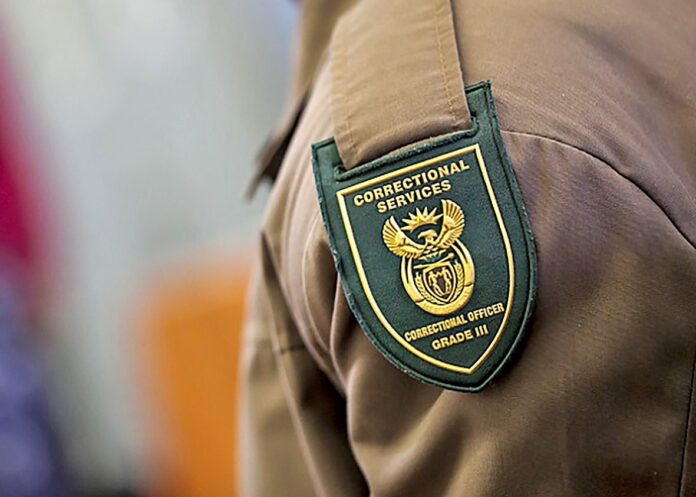Police and the Department of Correctional Services (DCS) officials arrested two male drug mules who were attempting to take drugs to a prison in the Western Cape last week.
This is according to the South African Correctional Services Workers’ Union (Sacoswu).
The union said the arrest occurred last week Friday when the drug peddlers were attempting to smuggle drugs. They were trying to take the drugs to the Helderstroom Correctional Facility. The facility is situated near the town of Villiersdorp in the Western Cape.
“Sacoswu is concerned by the distribution of drugs in correctional facilities. On 28 June 2024, two male drug mules were arrested by correctional officers and the police.
The drugs were being taken to Helderstroom correctional facility near Villiersdorp. Sacoswu applauds the correctional officers and the police for their job well done. They prevented the drugs from entering the premises of correctional facilities,” said Sacoswu general secretary Zanethemba Ndamane.
Drugs in prison a cause for concern
Ndamane said the distribution of drugs in South African prisons is a cause for concern.
“Correctional centres are facilities built for rehabilitation of offenders and not base for drug distribution. Gang activities, drug trafficking and corruption in the DCS is becoming rife. It contributes to the destabilisation of the DCS rehabilitation system. [This is made worse] due to gang activities inside our centres.
“Overcrowding in our correctional facilities and [being] understaffed is contributing factors to these challenges. The drug distribution is a serious threat in the correctional facilities. Despite strict prohibition, illicit drugs like dagga, mandrax are available in prisons. This poses a serious threat to both correctional officers and inmates.
“Drug distribution poses serious challenges to security and rehabilitation efforts. We emphasise the need for DCS to be taken back to Security Cluster. [It must] collaborate with law enforcement agencies to curb the flow of drugs into prisons. This …will ensure safety in correctional facilities.
Law prohibits drugs supply, trafficking or dealing
“The South African Drugs and Drug Trafficking Act was passed in 1992. It makes it a crime to supply substances to anyone. This while knowing or suspecting they will be used for the manufacture of illegal drugs.
“The Act further prohibits any person from converting property that they know or suspect to be gained from the proceeds of drug trafficking. It also makes dealing in dangerous and undesirable drugs an offence punishable by up to 25 years imprisonment. The maximum possession of drugs is 15 years. Illicit drug use in prisons creates problems within the prisons themselves and in the wider society. This because it is a cause of violence and friction between prisoners and prison staff,” said Ndamane.
Ndamane said the DCS should put support programmes in place for offenders recovering from drug addiction.
“With this in place there may be reduction of illicit drug use into correctional centres. Sacoswu demands the DCS to implement strategies to combat drug trafficking. This includes sniffer dogs, improvement of security measures and random searches. Sacoswu advocates for stricter monitoring and improved training for staff. …This will help to combat such issues effectively,” said Ndamane.
FF+ leader welcomed into DCS ministry
Meanwhile, earlier this week, DCS national commissioner Makgothi Thobakgale welcomed the ministry’s new appointments. Freedom Front Plus leader Pieter Groenewald and ANC’s Lindiwe Ntshanlintshali are the new minister and deputy minister. They serve respectively, in the correctional services ministry.
Groenewald and Ntshanlintshali were appointed by President Cyril Ramaphosa last week. They were appointed as members part of the Government of National Unity (GNU) cabinet.



